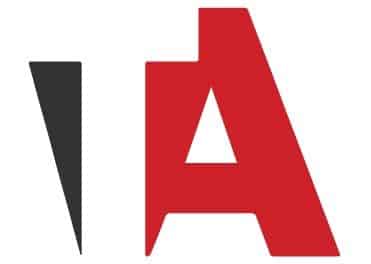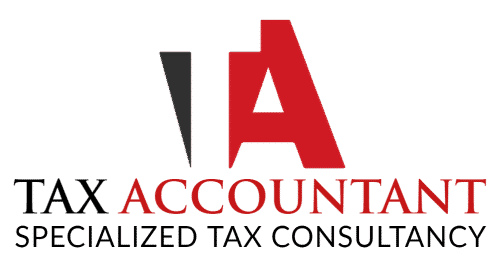Renting out spare rooms in your home can be a great way to earn extra income. However, there are important tax considerations to keep in mind. As a landlord, you must pay tax on your rental income, even on a small scale. Fortunately, there are certain tax reliefs and allowances available that can reduce your tax bill.
Rent a Room Scheme
The Rent a Room scheme allows you to earn up to £7,500 per year tax-free from letting out furnished accommodation in your home. This includes renting out spare rooms. The scheme applies across the UK. The threshold has been £7,500 since April 2016.
To benefit from the Rent a Room scheme, you must rent furnished accommodation in your home. This does not include holiday homes or buy-to-let properties. You can rent out up to 2 rooms under the scheme. The accommodation must also be used as residential accommodation, not commercial.
Any rental income up to the £7,500 threshold is exempt from tax. You do not need to declare this income or pay any tax on it. However, you must declare income above £7,500 on your tax return. You can then deduct expenses from this income.
This tax exemption applies per house, not per person. So a couple letting out two rooms can earn only £7,500 between them tax-free. The allowance is halved if you share the income with anyone else.
Expenses You Can Deduct
If your gross rental income exceeds £7,500 in a tax year, you must pay tax on the excess amount. However, you can deduct allowable expenses before declaring your profit. Allowable expenses include:
- Utility bills like gas, electricity, water
- Council tax
- Insurance
- Repairs and maintenance
- Cleaning costs
- Interest on a mortgage or loan for furniture
- Advertising costs
- Fees for services like accountants
You cannot deduct the cost of expenses unrelated to renting out the room. You also cannot deduct expenses already covered under the rent. Keep accurate records of your rental income and expenses.
Capital Gains Tax
Renting out spare rooms in your home should not lead to any capital gains tax. This is a tax on the profit you make when selling an asset.
Your home is exempt from capital gains tax as it is your main residence. Renting out rooms should not affect this as long as you continue living there.
However, if you move out and rent out the entire property, capital gains tax may apply in the future. Seek professional advice if you are considering renting out your whole home.
Tax Returns
You must declare rental income from spare rooms on your annual self-assessment tax return. The self-assessment deadline is 31 January for the previous tax year.
If your gross income is under £7,500 for the year, you only need to declare this on your tax return. You do not have to declare expenses or pay taxes.
If you exceed the threshold, declare your full rental income and allowable expenses. You will pay income tax at your usual rate on any profit made.
Keep records like bank statements and receipts so you can easily report your figures. Failing to declare rental income is tax evasion.
Joint Ownership
If you jointly own the property with a spouse, partner or co-owner, the rental income can be split however you agree. You could share or allocate the Rent a Room allowance to one person.
This decision affects how much tax each person pays. Seek professional tax advice on the best approach for your situation.
Lodger or Tenant?
There is an important distinction between a lodger and a tenant when renting out rooms. The Rent-a-Room scheme applies to lodgers only.
A lodger lives with you in your home and shares facilities like the bathroom and kitchen. A tenant rents a self-contained unit with its facilities that is part of your property.
Different tax rules apply if you let self-contained accommodation to a tenant. The Rent a Room allowance would not apply.
Renting out spare rooms can be rewarding, but getting your tax affairs in order is important. Keep records so you can accurately report income and expenses. Take advantage of allowable deductions to reduce your tax bill. As long as you stay within the thresholds, renting out rooms provides a tax-efficient way to generate extra income. Consult an accountant if you need help understanding your obligations.
Consult our tax advisors for tax planning and more information on Tax Deductions for UK Room Rentals.

